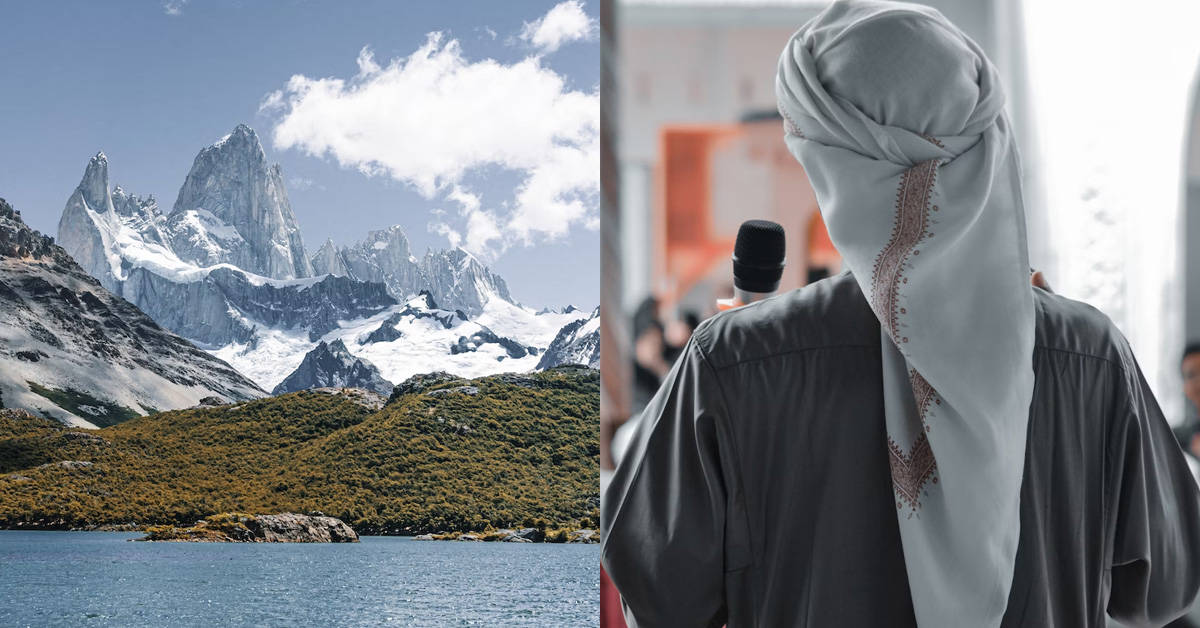Argentina, officially known as the Argentine Republic, is a diverse and vibrant country located in South America. It is the eighth-largest country in the world, covering an area of 2.78 million square kilometres.
Argentina boasts a rich cultural heritage influenced by European roots and indigenous traditions. The country is known for its natural wonders, such as the Iguazu Falls, the Andes Mountains, and the Pampas grasslands, as well as its passionate tango dance and world-renowned cuisine.
Table of Contents
Is Argentina a Muslim Country?
No, Argentina is not a Muslim country. The majority of the population in Argentina is Roman Catholic. However there is a small Muslim community in the country, but they represent a minority of the population.
Although Argentina is predominantly a Roman Catholic country, it is home to a diverse range of religious beliefs and practices. Argentina is not a Muslim country, as Islam constitutes a small minority of the population. However, the nation values religious freedom and tolerance, allowing its citizens to practice their faiths without discrimination.
Is Argentina a Muslim Friendly Country?
Argentina is generally a Muslim-friendly country, as it is known for its cultural diversity and tolerance towards different religions. Although the majority of the population is Roman Catholic, there is a small but growing Muslim community in the country.
There are several mosques and Islamic centers in major cities like Buenos Aires, and halal food options are also available in some areas. However, it is essential to keep in mind that the level of Muslim-friendly facilities and services may not be as extensive as in countries with larger Muslim populations.
What percent of Argentina is Muslim?
Approximately 1% of Argentina’s population is Muslim.
What is the main religion in Argentina?
The main religion in Argentina is Roman Catholicism. Approximately 70-75% of the population identifies as Roman Catholic, although not all of them actively practice the religion.
Are there mosques in Argentina?
Yes, there are mosques in Argentina. The country is home to a diverse population, including a significant Muslim community. Some notable mosques in Argentina include the King Fahd Islamic Cultural Center in Buenos Aires, the largest mosque in South America, and the At-Tauhid Mosque in San Miguel de Tucumán.
Is all food in Argentina halal?
No, not all food in Argentina is halal. Argentina is a predominantly Catholic country, and its cuisine includes a variety of non-halal foods, such as pork and alcohol. However, there are halal restaurants and shops in Argentina, particularly in larger cities like Buenos Aires, where you can find halal food options.
Is Argentina safe for Muslim tourists?
Argentina is generally safe for Muslim tourists, as it is a diverse and multicultural country that welcomes people from different backgrounds and religions. However, it is essential to be aware of local customs and cultural sensitivities and exercise general safety precautions, such as avoiding dangerous areas and not displaying valuables.
It is also important to note that while Argentina has a small Muslim population, finding halal food and mosques might be more challenging than other countries with larger Muslim communities.
Conclusion
In conclusion, Argentina is not a Muslim country, as the majority of its population identifies as Roman Catholic. However, it is important to recognise the presence of a diverse and growing Muslim community within the nation.
While Muslims in Argentina constitute a small percentage of the population, they have made significant contributions to the country’s cultural, social, and economic landscape. Argentina’s commitment to religious freedom and tolerance has allowed for the peaceful coexistence of various religious groups, including Muslims.
As Argentina continues to evolve as a multicultural society, it is essential to foster understanding and respect for all religious communities, including the Muslim population, to ensure a harmonious and inclusive future for all its citizens.

